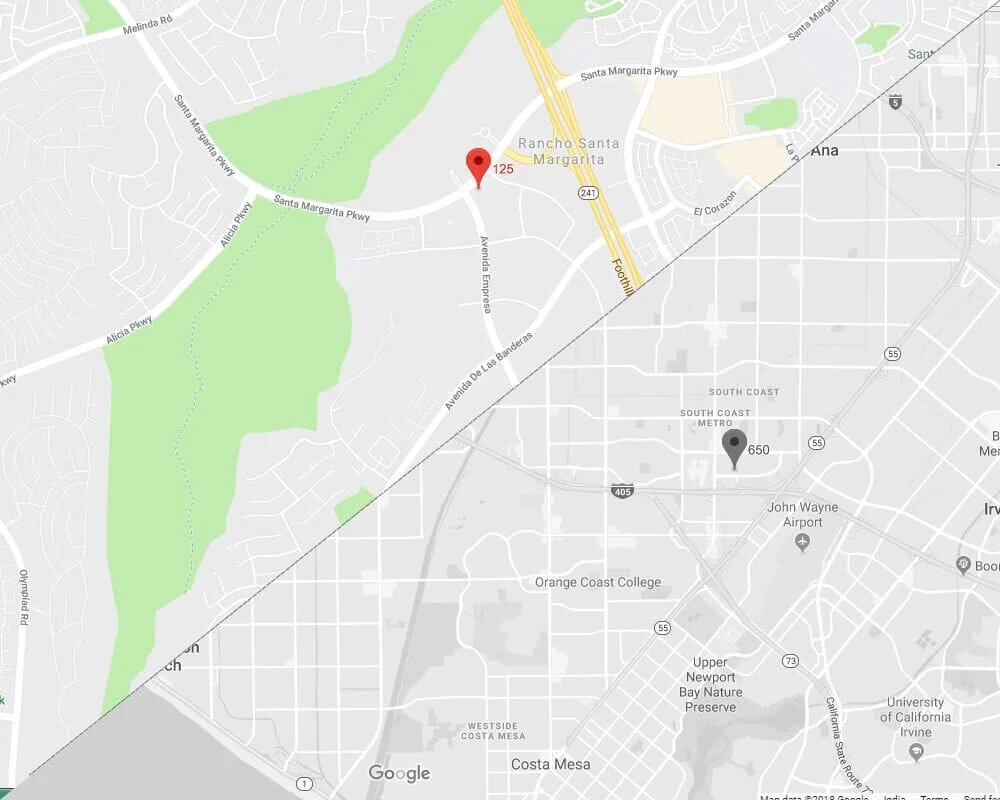
Naturalization Could Help You Bring Family To US
For many around the world, coming to the United States and starting a new life is a dream. The U.S. is known as the land of opportunities. It’s promised that with hard work and dedication anyone can achieve success. And as part of that dream, people want to share the experience with their loved ones.
For immigrants who become naturalized American citizens, family-based immigration provides opportunities to help spouses, children, siblings, parents or finances get permanent residency status in the U.S.
What is family-based immigration?
The federal government provides a program that allows citizens and permanent residents to sponsor relatives for immigration visas. The benefit of some family-based immigration visas is they sidestep the quotas that limit the number of other visas available. For family-based immigration visas, preference is determined by how closely the visa applicant is related to the citizen sponsor.
The two main types of family-based immigrant visas are immediate-relative immigrant visas and family-preference immigrant visas.
Immediate-relative immigrant visas
There are an unlimited number of visas available to the closest family members of U.S. citizens. Immediate-relative immigrant visas fall into the following five categories:
- IR-1: Spouse of a U.S. citizen
- IR-2: Citizen’s unmarried children under 21 years old
- IR-3: Orphan adopted abroad by U.S. citizen
- IR-4: Orphan to be adopted in the U.S. by a U.S. citizen
- IR-5: Parent of a citizen who is 21 or older
Family-preference immigrant visas
The second class of family-based immigrant visas is the family-preference immigrant visa. These visas are generally for more distant relatives and for the relatives of green-card holders. There are a limited number available per fiscal year. The State Department categorizes family-preference immigrant visas as follows:
- First preference: Citizens’ unmarried sons and daughters and their minor children (23,400 visas available)
- Second preference: Spouses, minor children and unmarried sons and daughters over age 21 of permanent residents (114,200 visas available)
- Third preference: Married children of citizens, their children and their spouses (23,400 visas available)
- Fourth preference: Siblings of citizens 21 and older and their spouses and minor children (65,000 visas available)
Finding help
For many, the immigration process is confusing and intimidating. It involves a lot of paperwork, documentation and working with organizations with which you may not be familiar. If you are interested in bringing your family to the United States, consider speaking with an attorney experienced in immigration. He or she can help you gather the information you need and start the process that will make your American dream more whole.
Learn More About What We Can Do To Help
We invite you to call us at 949-459-5900 to schedule your free initial consultation. You can also reach our firm by contacting us online.
Tell Us About Your Case
Each time we take a case, we look at the big picture: What can we do to best help solve the problem as efficiently as possible. We use our experience and creativity to propose solutions that allow you to put your legal matters behind you.
© 2025 Brown & Stedman LLP. All rights reserved.
